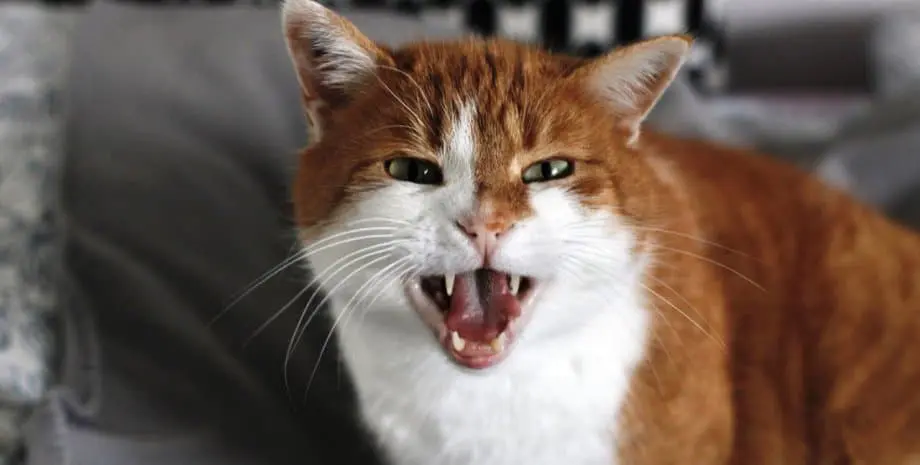Scientists have proven that domestic cats are characterized by psychopathy
In the distant past, this behavior was beneficial for the ancestors of cats in terms of obtaining resources, such as food, territory and mating opportunities.
If your favorite cat has been acting strange lately and surprises you with outrageous and sometimes dangerous behavior, now you can find out exactly what the problem is.
As shown by a new study by scientists from the University of Liverpool and the University of Liverpool. John Moores, this behavior may be associated with the psychopathic tendencies of the animal.
The study, which involved 2042 cat owners, illustrates the development of the first-ever method available to measure psychopathy in cats.
The experts developed a detailed questionnaire that owners used to analyze their four-legged friends to determine if they were psychopathic.
The test, called the CAT-Tri +, consisted of 46 questions that asked owners to answer how well each described their pet. So, for example, the owners of cats were asked whether their pet was tormenting its prey, and not killing it right away, whether it meows loudly for no apparent reason, whether it often becomes very excitable and uncontrollable.
Also, the owners had to answer whether their pet dominates the neighboring cats and whether he purrs, attacking other animals or people. All answers were scored on a five-point scale.
The results of the study help to determine the level of “meanness” of the cat, such traits as lack of empathy and callous aggression, lack of empathy, “disinhibition” – that is, problems with behavioral restraint, as well as the level of unfriendliness towards other animals and people.
“Our definitive questionnaire measures 5 factors in feline psychopathy: cockiness, meanness, disinhibition, dislike for pets, and dislike for humans,” said lead author Rebecca Evans of the University of Liverpool.
The results of the experiment confirmed the long-standing assumptions of researchers that all cats have an element of psychopathy, since in the distant past it was beneficial for their ancestors in terms of obtaining resources, such as food, territory and mating opportunities.
Experts hope their research will help improve the relationship between pets and their owners, as well as reduce the number of cats that end up in shelters or are euthanized. The questionnaire can also be used to identify undesirable behaviors in cats and improve their habitat.
So, for example, a pet that has received a high score on a scale of insolence can be occupied with tall trees, scratching posts, since such cats like to explore and climb a lot. In this way, you can reduce the aggressive behavior of the animal both towards other pets and people, and property.







